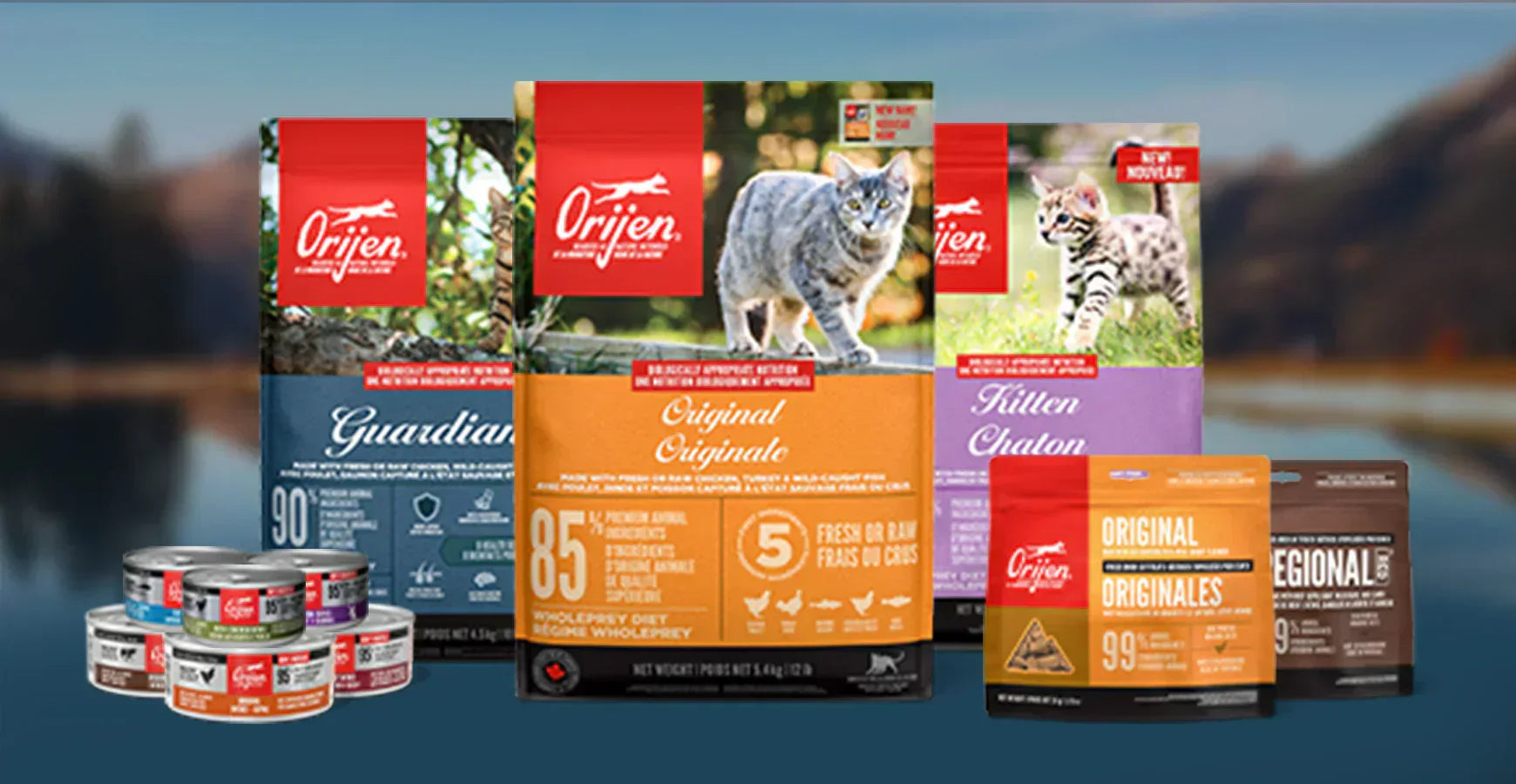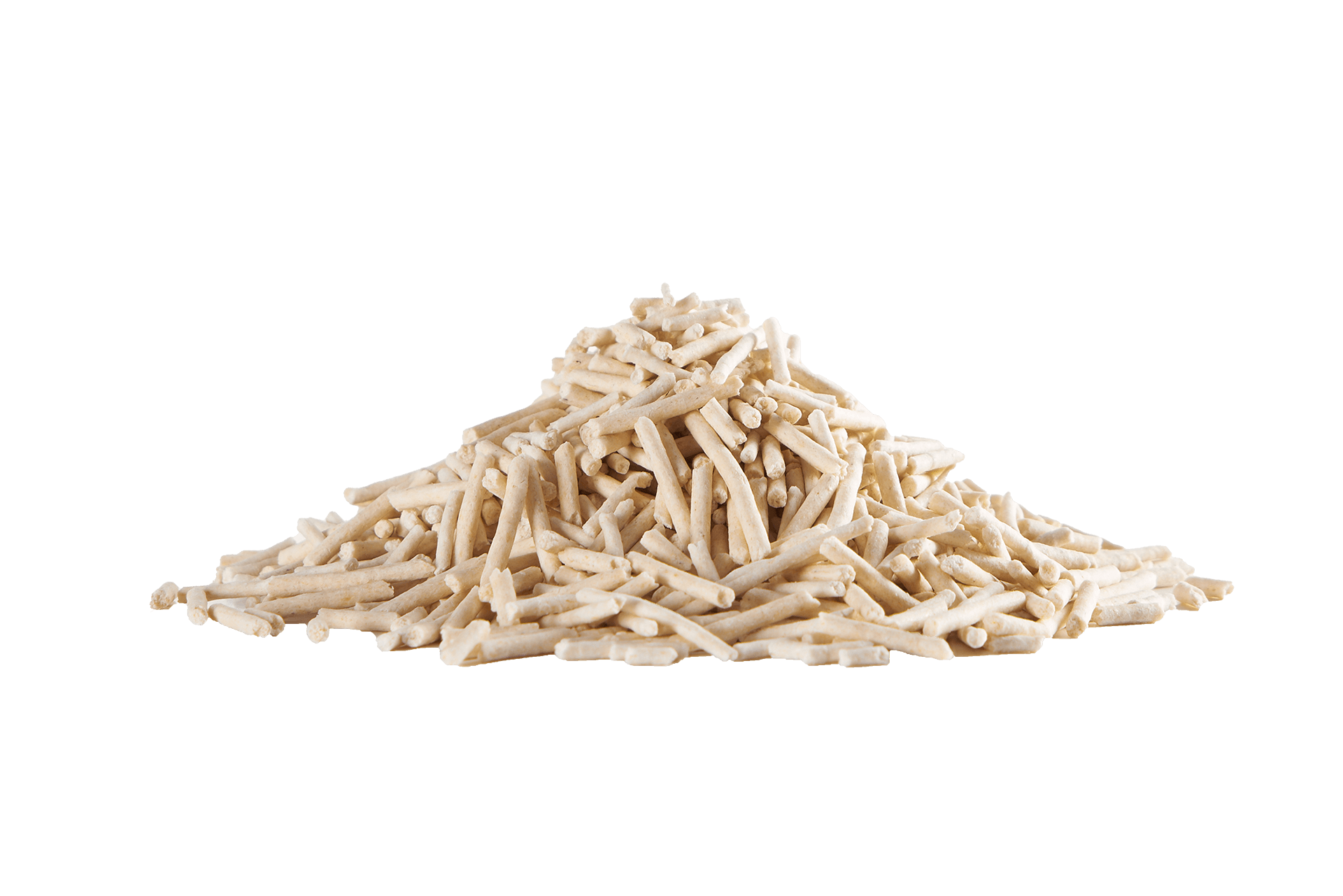As loving pet owners, we want to ensure the health and happiness of our furry friends. However, it's equally important to be aware of the potential risks associated with some pet care products, particularly flea and tick treatments. Recent studies have highlighted the dangers these products can pose, especially to young children. In this blog post, we’ll explore these risks and provide practical tips for keeping your family safe.
The Hidden Dangers of Flea Treatments
Many common flea treatments for pets contain powerful pesticides like Tetrachlorvinphos (TCVP) and Fipronil. While these chemicals are effective in killing fleas and ticks, they can leave toxic residues on your pet’s fur. When children pet treated animals or come into contact with areas where the pet has been, they can absorb these toxins through their skin or ingest them by putting their hands in their mouths (University of Sussex Staff Hub) (OAG DC).
Potential Health Risks
Exposure to these chemicals can have serious health implications, particularly for young children whose developing brains and nervous systems are more vulnerable. Studies have shown that these toxins can lead to neurological issues, cognitive deficits, and other developmental problems in children (PhysOrg) (NRDC).
Safe Practices for Pet Owners
To protect your family, consider the following precautions when using flea treatments:
- Read Labels Carefully: Always check the ingredients and warnings on flea treatment products. Avoid those containing TCVP and other harmful chemicals.
- Wash Hands Thoroughly: After applying any flea treatment, wash your hands with soap and water immediately. Ensure that children do not touch treated pets until the treatment has dried completely.
- Keep Treated Pets Away from Children: Minimize contact between treated pets and young children for at least 24 hours after application.
- Use Alternative Methods: Consider non-chemical flea control methods such as regular grooming, using a flea comb, and maintaining a clean home environment.
Safer Alternatives
There are several safer alternatives to chemical flea treatments:
- Regular Bathing and Grooming: Frequent baths with mild pet-safe soap can help reduce flea infestations.
- Natural Remedies: Products containing natural ingredients like neem oil, eucalyptus, and lavender can be effective flea repellents, but they must be used correctly to ensure safety.
Neem Oil: Neem oil is generally safe for dogs when diluted properly. It has antiseptic, antibacterial, and antifungal properties, making it effective for treating fleas and skin issues. However, it must be diluted with a carrier oil like olive or coconut oil, typically in a 1:10 ratio. Monitor your pet for any signs of skin irritation (Tips Bulletin) (Great Pet Care).
Eucalyptus Oil: Eucalyptus oil can repel fleas but should be used cautiously. It is toxic to cats and can cause adverse reactions in dogs if not properly diluted. Always consult a veterinarian before using eucalyptus oil on pets (PetMD).
Lavender Oil: Lavender oil can be a safe flea repellent for dogs when diluted appropriately. It can be mixed with a carrier oil and applied to the dog's fur, avoiding sensitive areas. For cats, lavender oil should be used with extreme caution due to their sensitivity to essential oils (Pest Source) (TheRoundup).
Consult Your Veterinarian
Always discuss flea control options with your veterinarian. They can recommend safer, more effective treatments tailored to your pet’s specific needs and health conditions.





